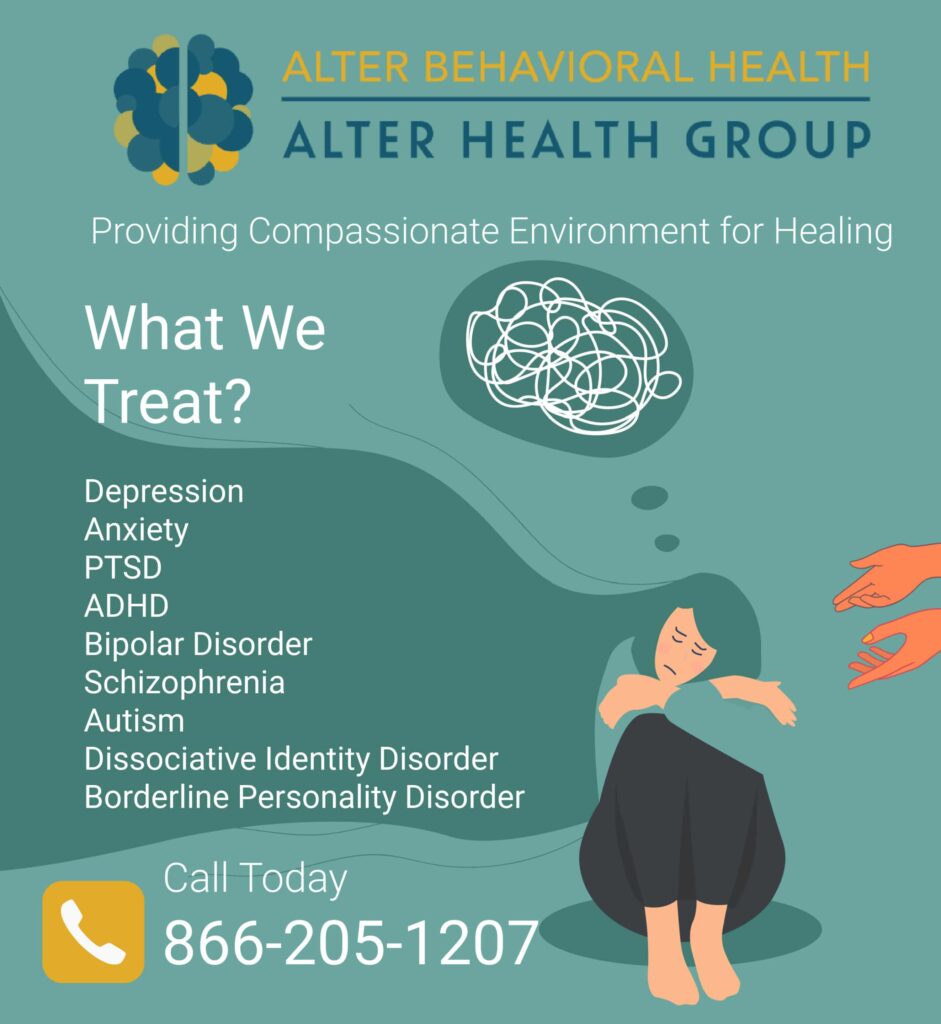Autism is medically known as autism spectrum disorder (ASD). ASD is an expansive range of characteristics and challenges with social skills, repetitive behaviors, speech, and non-verbal communication. In the United States, 1 in 45 adults are affected by or diagnosed with autism. ASD can look differently for each person. It exists on a spectrum, with some people falling at one end or another, or somewhere in between. There is not one core type of autism. In many cases, autistic individuals are diagnosed during childhood, typically after the age of 4. However, some autistic adults may not have received a diagnosis as children, even if their symptoms are significant.
For those who do not get diagnosed in childhood, receiving an autism diagnosis later in life can be beneficial for numerous reasons. One key advantage is that it may offer greater access to services and support systems.
Despite this, many adults adapt to living with their symptoms, which can make diagnosis more challenging.
Social Interactions and Communication
Individuals with autism may face difficulties with communication and social engagement. Understanding emotions and connecting with others can often be a challenge for them.
Common symptoms relating to social interactions and communication include:
- Struggling to hold conversations
- Difficulty forming or keeping close friendships
- Discomfort during eye contact
- Trouble interpreting sarcasm or idiomatic expressions
- Speaking in a flat tone without emotional inflection
- Challenges in understanding facial expressions or body language
- Difficulty recognizing the emotions of others
- Challenges with emotional regulation
- Social anxiety
Restrictive or Repetitive Behaviors
Autistic adults may have rigid thinking patterns and behaviors and often engage in repetitive actions.
Examples of these behaviors include:
- Making repetitive sounds or movements, such as throat-clearing
- Strong preference for daily routines and difficulty coping with change
- Feeling compelled to arrange items in a particular order
Interests and Activities
People with ASD often develop a strong focus on specific topics, which they may discuss extensively.
They may also:
- Have limited interest in a small number of activities
- Prefer solitary activities
- Demonstrate exceptional skills in certain areas, such as mathematics or art
- Excel in specific subjects like science, music, or math
- Be visual or auditory learners with a great ability to retain information over time
Sensory Processing
Adults with autism may have heightened sensitivity to sensory input, such as sounds, smells, or bright lights, which may not bother others.
Autism Symptoms in Females
Symptoms of autism can vary between genders. Research from 2020 indicates that females may be better at handling social situations, with their symptoms being more subtle or masked.
“Masking” refers to modifying behavior to hide signs of autism in social settings. Females may develop the skills needed for independent living, which can make diagnosis more difficult. They may also be quieter, hide their emotions, and show fewer repetitive behaviors.
Diagnosis in Adulthood
Seeking a diagnosis for autism in adulthood can be challenging. Adults who weren’t diagnosed as children might have milder or less obvious symptoms. Over time, some individuals learn to mask or adapt to their symptoms, making it harder to detect.
Research suggests that one commonly used diagnostic tool, ADOS-2, is fairly reliable. However, a healthcare provider must first recognize a person’s symptoms to refer them for assessment.
Testing for Autism in Adults
Various tests are available to diagnose autism in adults. The ADOS-2 is considered the gold standard. However, concerns remain about the reliability of these tests, particularly when applied to small or underrepresented groups, such as people of color or members of the LGBTQIA+ community.
Clinicians may also lack familiarity with the signs of autism in adults, especially when symptoms are mild or co-exist with other conditions like anxiety.
Starting the Diagnostic Process
Adults who suspect they might be autistic can take an online self-assessment. Though these tests do not provide a diagnosis, they can be a helpful first step. Afterward, individuals can bring the results to their doctor, who will assess symptoms and potentially refer them to a specialist.
The doctor will likely ask about current and past symptoms, interact with the individual, speak with a loved one if needed, and rule out other medical or psychological conditions. If symptoms only emerge in adolescence or adulthood, another mental health issue may be at play.
Finding a specialist experienced in diagnosing adult autism can be challenging, but it’s worth the effort. Consulting a developmental pediatrician or child psychiatrist who treats adults is another possible route.
Benefits of a Diagnosis
Not all autistic adults seek or require a diagnosis, and it’s important to respect personal preferences. For those who do pursue a diagnosis, the advantages can be significant. A diagnosis can help explain certain challenges, foster better understanding from family and peers, unlock access to supportive services, and potentially correct any misdiagnosed conditions like ADHD.
Finding Autism Treatment

If you or someone you know is exhibiting signs of autism spectrum disorder, give the team at Alter Behavioral Health a call. We’re available to provide comprehensive, compassionate care for those experiencing autism spectrum disorder. We offer autism care in all levels of care. This includes crisis stabilization & intervention, residential mental health treatment, partial hospitalization programs, and intensive outpatient treatment. Give our admissions team a call today!
About Alter
Alter is a behavioral healthcare provider that specializes in evidence-based clinical treatment approaches. We provide a wide range of programs for adults and families experiencing mental health conditions including schizophrenia, depression, borderline personality disorder, anxiety, substance abuse, and more. This is done through client-centered care for a full-continuum of treatment. We serve the entire U.S. population from our revolutionary locations throughout sunny Southern California. Whether an individual needs 24/7 care or wants an outpatient program – we are there to guide every step of the journey. For more information, give us a call at (877) 613-9776 or visit our website at alterbehavioralhealth.com.


